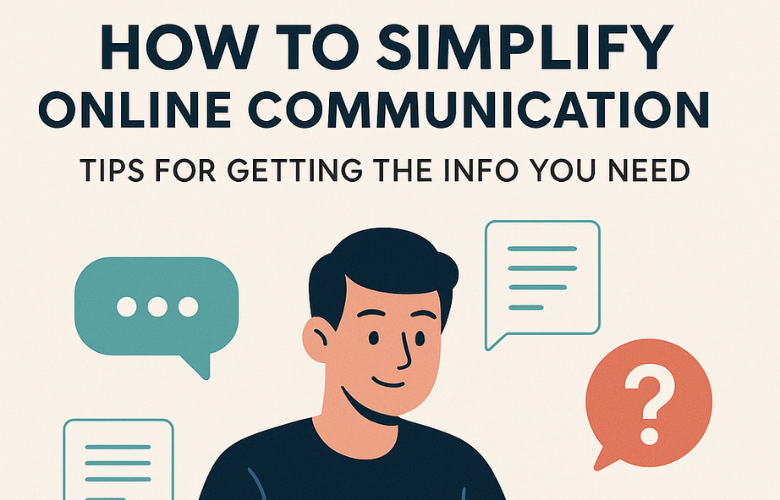In the digital world, finding the information or help you’re looking for can sometimes feel overwhelming. Between the fast pace of social media and the ever-evolving tools available online, it’s easy to miss out on useful features or expressions that could make things a whole lot easier. Whether you’re trying to keep up with conversations in your favorite online communities or quickly grab information from a long video, there are small tricks and tools that can help. Let’s look at some of the ways people are using platforms more efficiently to connect and communicate.
The Tools and Trends That Keep Things Moving
Online conversations move quickly, and users are getting more creative and efficient in how they seek help, find answers, or share resources. From community-specific shorthand to smart tools that automate tedious tasks, it’s all about saving time and making communication smoother. Below, we explore two interesting trends that are helping people interact more effectively online.
Free YouTube Transcript Extractor
One of the most useful features flying under the radar is YouTube Transcription. When you’re watching long-form content—tutorials, interviews, lectures, or podcasts—it can be tough to find the exact piece of information you need. These transcript tools let you pull all the spoken words from a video and display them as readable text.
Why is that helpful? Because you can quickly scan or search through the transcript for specific details without scrubbing through the video. Some tools even let you copy sections of the transcript to take notes or share important points. This can be a game-changer for students, content creators, researchers, or anyone who relies on video content for information.
Online Communities Keep It Simple
In Facebook groups, Reddit threads, or even Instagram stories, short phrases or acronyms have become common. These expressions help users get their message across quickly without writing long posts. One of the most popular ones right now is iso meaning on Facebook.
In this case, “ISO” stands for “In Search Of.” You’ll see people use it when they’re looking for something specific—like recommendations, items to buy, or services they need. A quick post like “ISO dog-friendly hiking trails near Seattle” instantly tells others that the user is looking for suggestions.
It’s a small phrase, but incredibly effective. It also signals that the person is open to community input, inviting others to chime in with helpful answers. In groups where thousands of people share content daily, little shortcuts like this make a big difference in visibility and clarity.
Adapting to Online Etiquette
Every platform has its own culture, and learning the subtle ways people communicate helps you get better responses. Whether it’s using acronyms like ISO or knowing how to format your questions in a group, small details matter. Clear and specific language tends to attract better answers. Plus, being familiar with community norms shows respect for the group and increases your chances of getting a reply.
Wrapping It All Up
The internet offers endless opportunities to learn, connect, and collaborate—but it helps to know how to use the right tools and language. Whether you’re pulling transcripts from videos to study more efficiently or using a simple acronym to crowdsource suggestions, these small habits can go a long way in improving your online experience.

